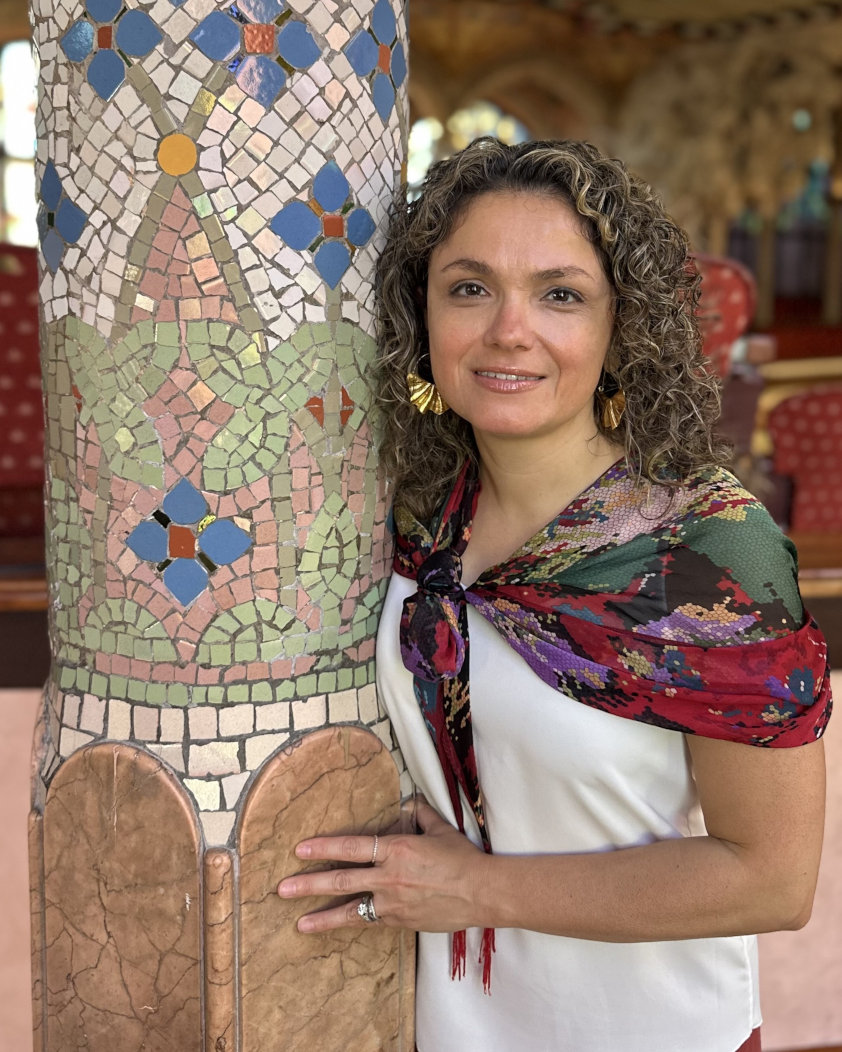
CSPM: What inspired this research, and why now?
Dr. Geoffrion: In a nutshell, the misinformation in pelvic surgery. Patients and surgeons select surgical options for stress urinary incontinence based on media reports, alarmist narratives, and poor-quality evidence. They also don’t always agree about which potential surgical complications matter most during counselling. In Canada, patients live longer, healthier lives, and this research will help them make informed choices that truly fit their lives and priorities.
CSPM: Why was this trial needed?
Dr. Geoffrion: With my colleagues, I recently completed a systematic review of incontinence slings and concluded there is minimal level one evidence comparing TVT and AFS for many key outcomes, but especially for durability. Right now, we do not have good long-term outcome data, and that’s not good enough! We owe it to our patients to answer this important question with the best-quality evidence we can gather.
CSPM: What makes this trial unique?
Dr. Geoffrion: We’ve designed this trial around aging patients and marginalized populations from the very start. We’re measuring not just surgical durability, but what women say matters most—pain levels, recovery experience, whether they need pain medication, and how much the condition affects their daily lives. Patient partners have helped shape the trial, and we’re committed to making the results clear and accessible to all.
CSPM: What’s one of the study’s key strengths?
Dr. Geoffrion: It’s definitely the patient-centred and equity-driven approach we’ve taken. We are sensitive to associations of urinary incontinence with ageism and effects on social and mental health of aging patients. To address this, we will establish a diverse Patient Advisory Group guiding every step, making sure our results speak to women from diverse backgrounds, who’ve often been left out of studies like this.
CSPM: What message do you hope this research sends?
Dr. Geoffrion: I hope it says loud and clear that female pelvic floor health matters—and that decisions about surgery should be based on solid evidence and what matters most to each patient. It’s also about breaking the stigma around pelvic floor disorders, so more women feel comfortable talking about these issues and seeking care.
CSPM: What impact do you hope the study will have long-term?
Dr. Geoffrion: I’d love to see a future where pelvic floor disorders are openly discussed, prevented, treated early, and where no woman feels her concerns are dismissed because of her age or background. This research could change not only how we perform these surgeries, but how we think about pelvic health in general. Moreover, the success of this grant reflects the collaborative efforts of a large and productive team of like-minded colleagues across the country. The awareness we raise, together with the CSPM, will hopefully generate a much-needed increase in federal funding for future research in female pelvic floor disorders in Canada.
